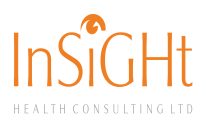Research, Monitoring and Evaluation
InSiGHt Health Consulting conducts research under three broad buckets:
- Formative research (including market research)
- Program evaluation research (including program monitoring)
- Implementation research.
Our capability covers design of research approach and monitoring & evaluation framework, implementation of data collection and collation, data analysis and management, program monitoring and evaluation.
We leverage our nation-wide pool of research assistants and data collectors for national coverage, local contextualization, and efficiency.
Research/assessment through data collection is an integral component that feeds into our monitoring and evaluation approach as it reveals the current state, identifies gaps, and indicates the performance of the various components of the program.
We have implemented several research projects: qualitative, quantitative, mixed methods and case studies. We design program assessments, monitoring approaches, evaluations, and impact assessments.
The quantitative assessments include surveys, target population assessment, routine monitoring and tracking, market research, program evaluation, and health facilities assessment.
For qualitative, we conduct desk reviews and secondary data sourcing and analysis; we design and implement key informant or in-depth interviews, stakeholders’ engagement, and focused group discussions with different levels of stakeholders and target populations.
Our Experiences
Formative Research
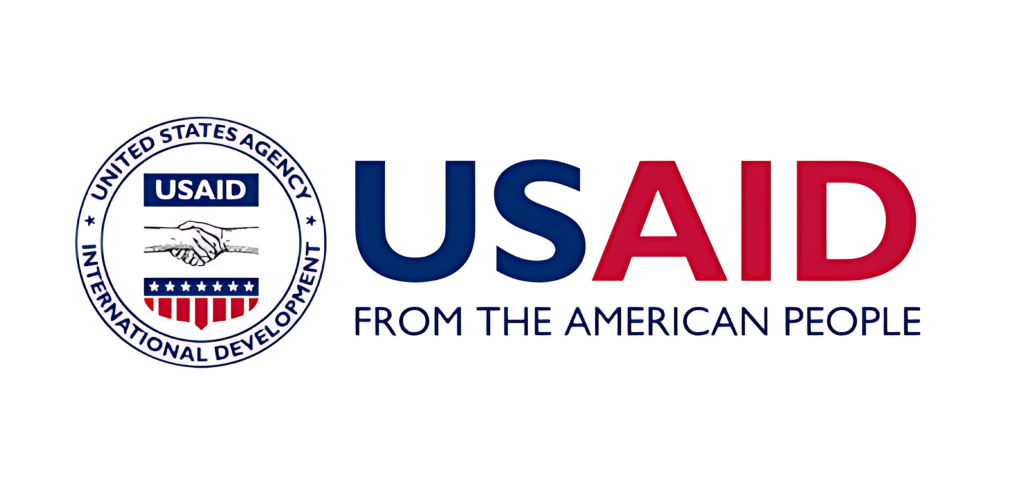
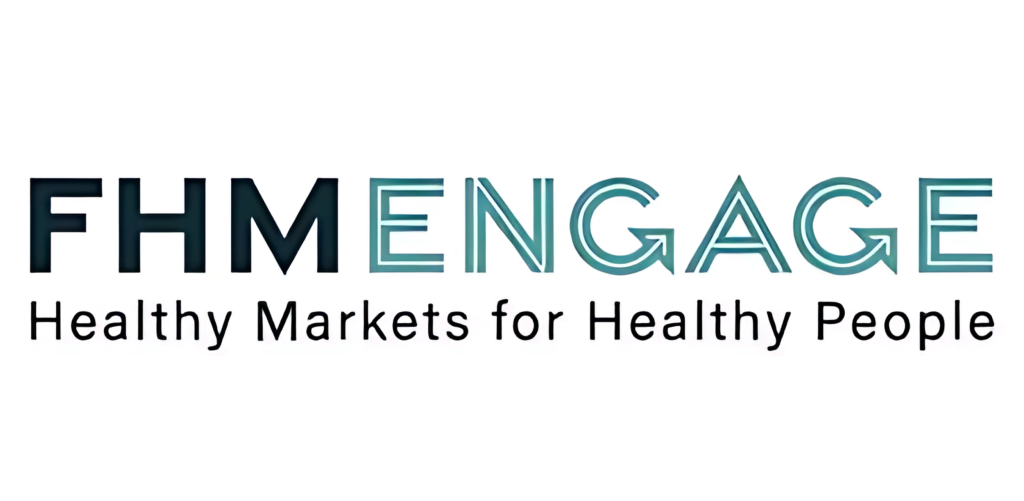
Access to Credit and Service Readiness Mapping of CPs, PPMVs, Private Primary Health Facilities/Clinics.
We are leading the readiness mapping of private healthcare providers (CPs, PPMVs, and maternity homes/clinics) for the
USAID Frontier Health Market (FHM) Engage program in Nigeria. The objectives of the mapping exercise are to generate a robust list of private health providers in the FCT and Ebonyi State, assess selected private health providers based on predefined eligibility criteria, and identify and recommend providers for the FHM Engage program support. We are collaborating with the various stakeholders in the private health sector ecosystem to achieve optimal performance of the FHM Engage program. We will screen
4,000 private health providers and assess at least 800 of them.
Screen at least 4,000 private health businesses and assess at least 800.
Market Research
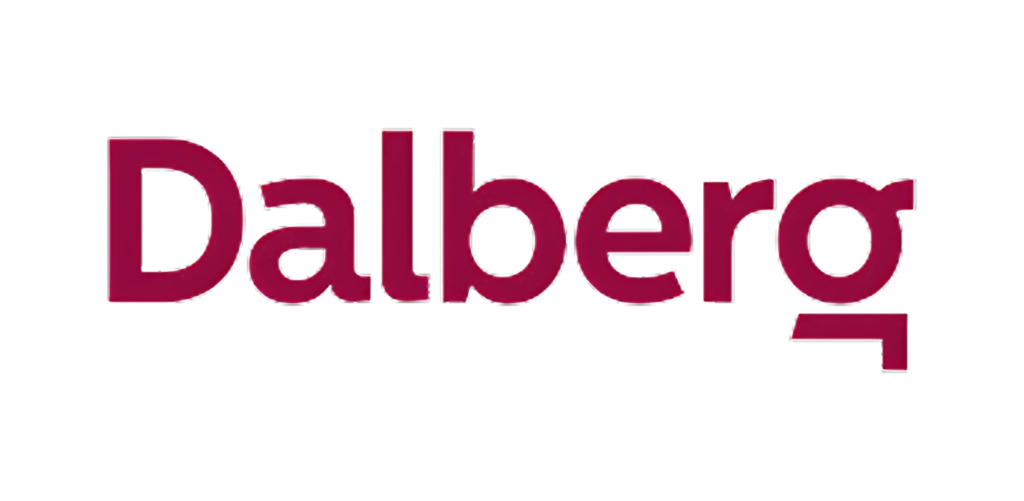

Market Research for Intravenous Iron Drugs in Nigeria.
IHC conducted market research in Ogun, Anambra, Niger, Bauchi, Kano, and Cross River states to understand the current market size and potentials of Intravenous (IV) iron drugs and develop recommendations for market entry into the Nigerian market. The market research covers prevalence and burden, awareness, usage, availability and affordability, policy landscape, manufacturing and distribution, and market entry. The research included different patient groups (currently pregnant women, recently delivered women, patients with chronic diseases, and patients with infectious
diseases) and the service providers and stakeholders.
Provided evidence and recommendation for market entry.
Click here to see highlights.
Program Evaluation Research
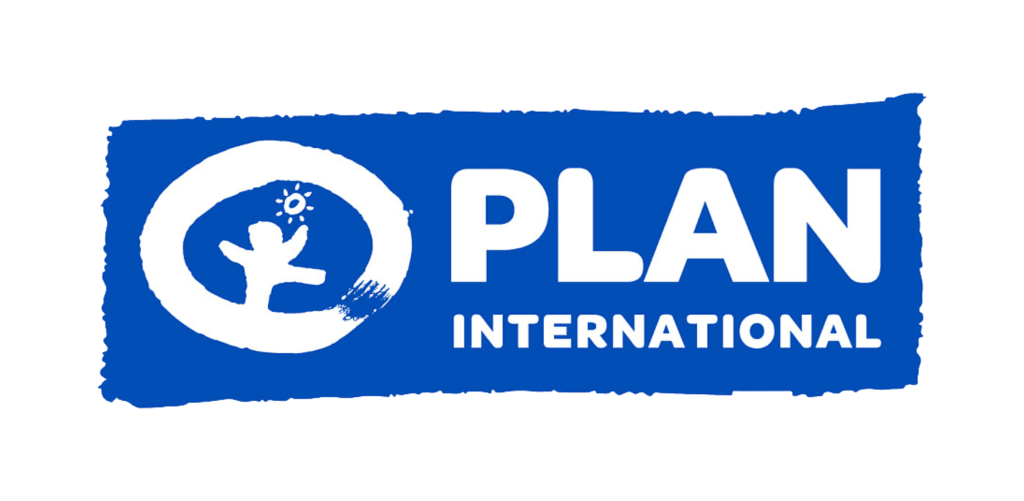
Baseline Survey for ASPIRE Project.
IHC conducted the baseline assessment of the ASPIRE project in Bauchi and Sokoto States to establish the base values for the project indicators. The baseline assessment also provided evidence for a qualitative gender equality and child protection assessment. We led the design of the research approach, revision and validation of the study instruments, application of ethical approval, engagements with the stakeholders, training and deployment of the enumerators, and coordination of the pilot testing, fieldwork activities and data collation and cleaning.
The benchmark values for the project indicators.
Implementation Research
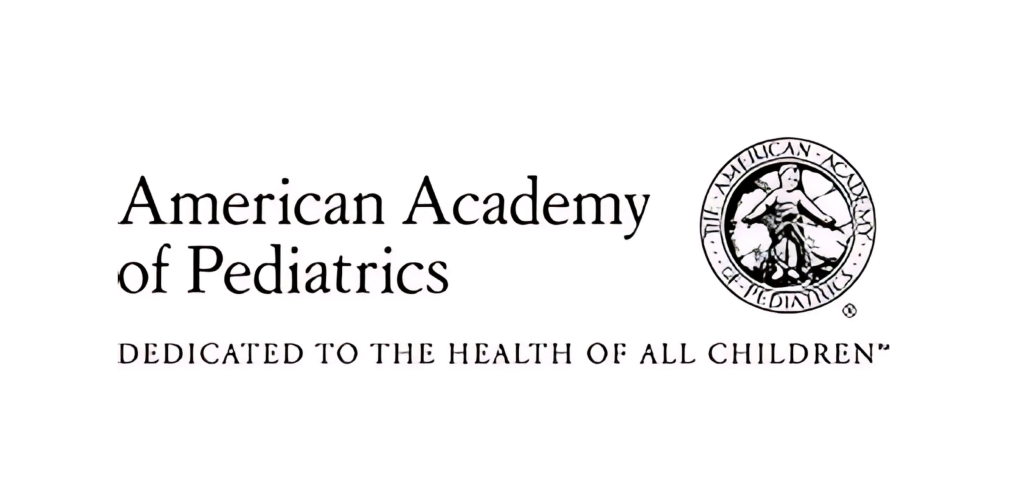

Mitigating Impact on Neonatal Mortality through Remote Training.
IHC facilitated the delivery of remote, low dose high frequency
skilled-based trainings in Borno, Yobe, and Gombe States. The pilot evaluated the efficiency and impact of remote training using the NeoNatalie Live (NNL) via helping babies breathe (HBB) and the HMBS platforms. We facilitated the sites’ setups and mentorship of the healthcare workers for 6 months. We collected baseline and endline data to measure the impact of the training model in the capacities of the healthcare workers in neonatal resuscitation and health outcomes.
A significant increase in health worker knowledge and practice of basic neonatal resuscitation skills. The average neonatal mortality rate and early neonatal mortality rate dropped from baseline. In addition, the neonatal mortality rate due to birth asphyxia and admissions to the neonatal care unit for asphyxia dropped in the training sites.
